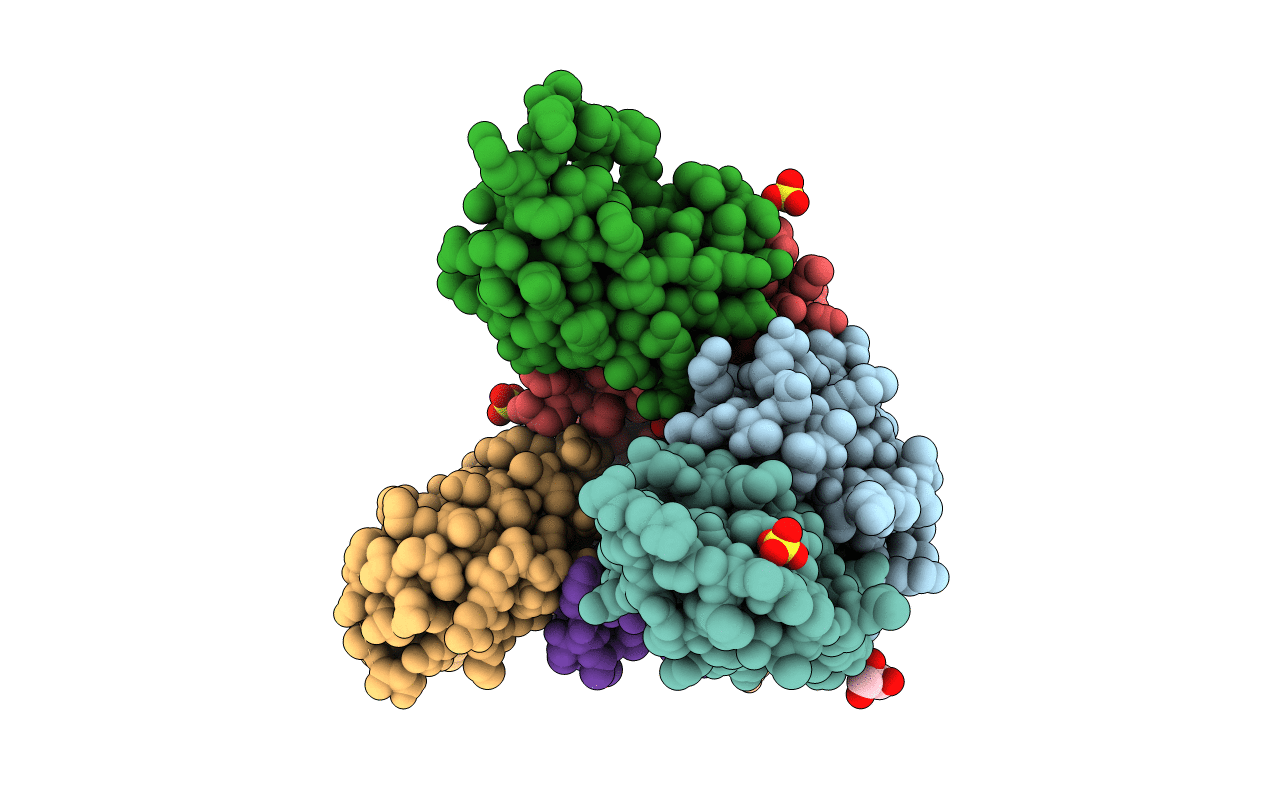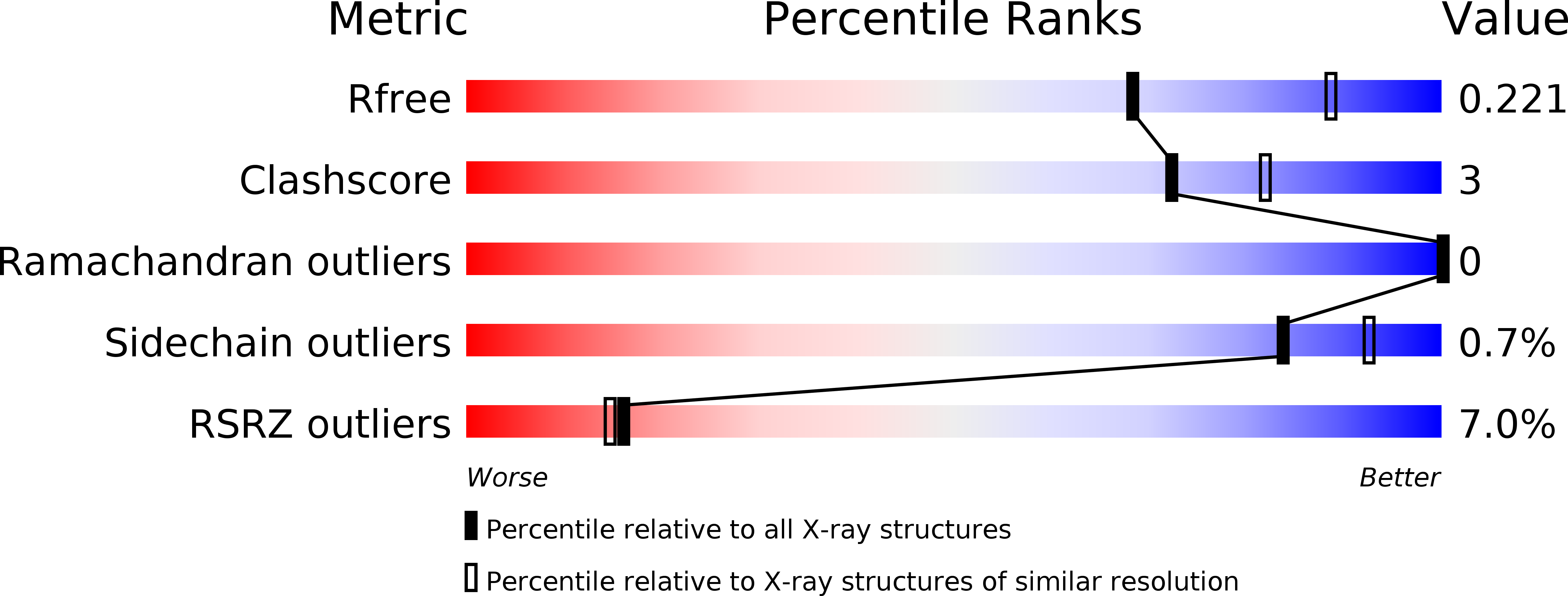
Deposition Date
2014-02-26
Release Date
2014-05-14
Last Version Date
2023-09-20
Entry Detail
Biological Source:
Source Organism(s):
Expression System(s):
Method Details:
Experimental Method:
Resolution:
2.40 Å
R-Value Free:
0.21
R-Value Work:
0.19
R-Value Observed:
0.19
Space Group:
F 2 3


